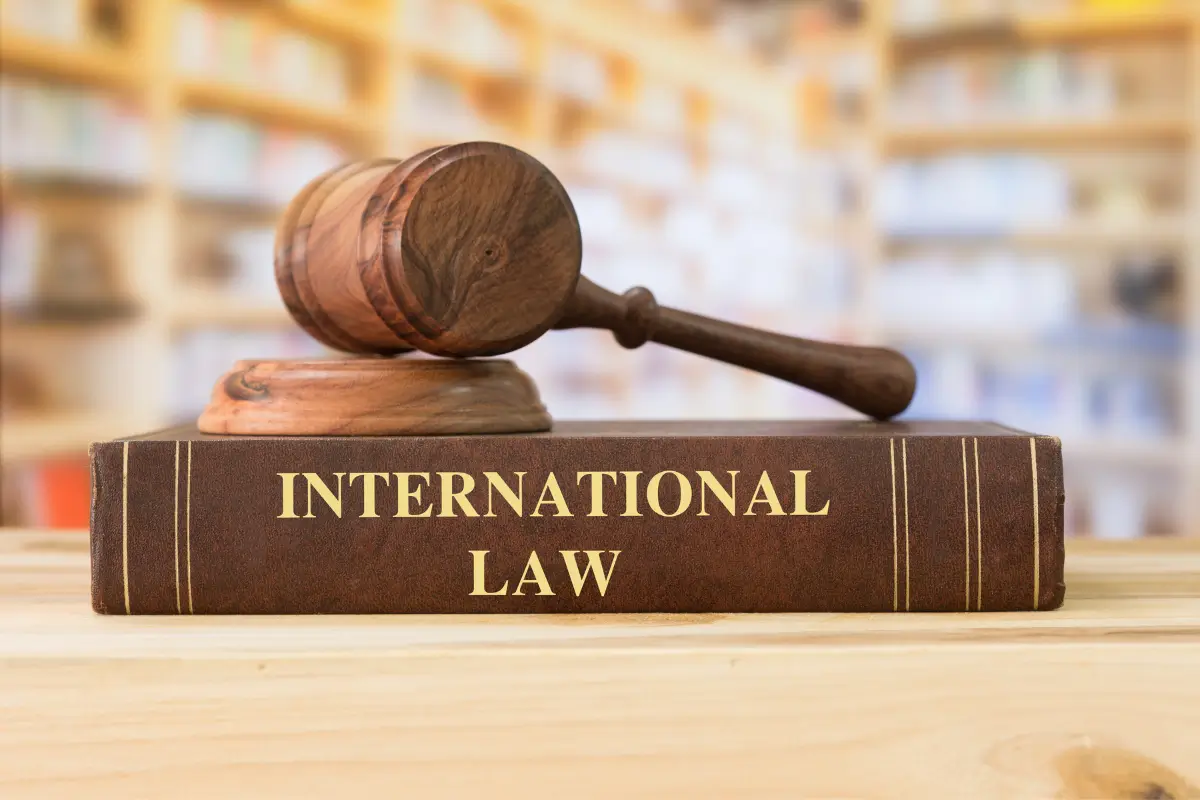Understanding how international law and municipal law interact helps to clarify how countries balance domestic governance with global obligations. These two branches of law operate on different levels, yet their connection shapes the legal environment in every nation.
What is International Law?
International law governs relations between states and international entities. It includes treaties, conventions, and customary practices that nations accept. The United Nations Charter, Geneva Conventions, and international trade agreements are all part of this system.
This legal framework aims to maintain peace, protect human rights, regulate war, and foster cooperation among states.
What is Municipal Law?
Municipal law, also known as domestic or national law, applies within a state’s borders. It covers everything from criminal law and civil rights to property and administrative rules. Municipal law reflects a country’s culture, history, and values.
Every citizen and institution within the state must follow it. The courts enforce these laws through a structured legal system.
Dualist and Monist Theories
The relationship between international and municipal law largely depends on two key theories: dualist and monist.
Dualists view the two legal systems as entirely separate. According to this theory, a state must explicitly incorporate international law into its domestic framework before it can have any legal effect. For example, in the UK, a treaty has no force until Parliament passes it into law.
On the other hand, monists argue that both systems form a single legal order. In these states, international law automatically becomes part of national law. Countries like the Netherlands follow this approach.
The Keyphrase in Practice
The keyphrase “relationship between international law and municipal law” becomes important in cases of conflict. Imagine a situation where a country has signed a treaty banning certain pollutants, but its local industries continue harmful practices because national laws allow them. This contradiction highlights the need for synchronization between the two legal systems.
Conflict and Resolution
Conflicts often arise when domestic law contradicts international obligations. For instance, international human rights treaties may demand broader freedoms than a country’s laws currently provide.
To resolve such clashes, courts play a crucial role. Some nations give precedence to international law; others prioritize municipal law. This balance depends on constitutional provisions and political will.
For example, in India, the Supreme Court has clarified that international law can guide interpretation of domestic statutes, especially when national laws are silent or ambiguous.
Role of Judiciary
Courts act as bridges between these two legal systems. They interpret and harmonize conflicting rules. In many cases, domestic courts have upheld international norms, especially those related to human rights and environmental law.
Judicial decisions reinforce the importance of aligning national laws with global standards. This practice builds credibility in international relations.
Incorporation of Treaties
Whether a treaty becomes law in a country depends on its approach. Some nations follow automatic incorporation. Others require legislative approval.
In the United States, for example, treaties need Senate ratification. However, even after ratification, they may not be enforceable in domestic courts unless Congress passes implementing legislation.
Why the Relationship Matters
The relationship between international law and municipal law matters because it reflects a country’s commitment to the global community. It ensures that national actions do not violate international agreements or harm international peace and security.
Relationship between International Law and Municipal LawGlobalization makes this relationship more critical than ever. Issues like climate change, pandemics, and cybercrime require states to work within both legal frameworks.




